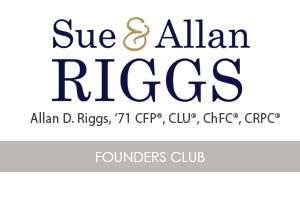AGEC 435 Financial Planning for Professionals
Financial planning from a professional perspective; applying basic financial, economic, and institutional concepts to advise individuals, families, and small businesses in achieving their financial goals. Tools and topics include financial analysis, budgeting, credit management, time value of money, investment strategies, income taxes, risk management, and retirement and estate planning.
AGEC 436 Insurance and Estate Planning
Insurance and estate planning for individuals, families, and small businesses; applies risk management principles to evaluate various insurance products, including life, disability, long term care, health, homeowners, auto, and liability; estate planning process, tools, and considerations.
AGEC 437 Tax Planning
Applies the principles of income tax planning to enhance household income after taxes; understanding tax laws, concepts, and rules, and opportunities for planning; identify and implement useful tax planning strategies; focus on practical application for tax professionals and financial planners.
AGEC 438 Investment Planning
Applies investment principles considering families’ goals, time horizons, risk tolerance, and tax implications to build investment portfolios; attributes of various asset classes; asset allocation, selecting securities, and portfolio management; developing successful investment programs for personal investors and financial planners.
AGEC 439 Retirement Planning
Overview of retirement planning basics, retirement plans – both qualified and nonqualified, Social Security provisions, and government healthcare plans along with the basics of employee benefits; Focus on both quantitative (i.e. calculating retirement needs and plan limits) and qualitative (i.e. retirement age decisions, retirement income management) aspects of retirement.
AGEC 441 Financial Planning Capstone
Overview of all areas in the financial planning process, data gathering, approaches to financial planning, analysis of financial statements, and client presentation. Case analysis, ethics and professional conduct, use of financial planning software, advanced financial calculator usage, and usage of Microsoft Excel.
//







